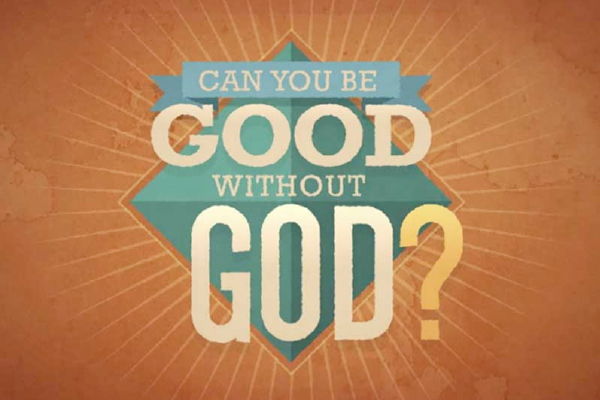By Michael Smith
An increasing number of Americans don’t equate belief in God with having morality and good values, according new Pew Research Center data.
Pew polled 5,009 U.S. adults in June and July, and 56 percent of them said it is not necessary “to believe in God in order to be moral and have good values” – up from the 49 percent who expressed this view in 2011.
“… [T]he public’s increased rejection of the idea that belief in God is necessary for morality is due, in large part, to the spike in the share of Americans who are religious ‘nones,’ ” Gregory A. Smith, an associate director of research at Pew, wrote in an Oct. 16 post about the findings.
In the 2011 Pew Research Center survey that included the question about God and morality, religious “nones,” those who have no religion affiliation, constituted 18 percent of the sample. In the 2017 survey, the share of “nones” increased to 25 percent.
Now, 85 percent of “nones” say belief in God is unnecessary for morality, up from 78 percent who said this in 2011.
The 2017 survey also revealed changing attitudes among religiously affiliated Americans, including white evangelical Protestants.
In the current poll, 45 percent of Protestants and Catholics agree that God is not necessary for personal morality, up from 42 percent in 2011.
In 2011, 26 percent of white evangelicals said it was possible to be good without God; now 32 percent say so.
“To be sure, most white evangelicals still say belief in God is necessary for morality,” Smith wrote. “But the share who say belief in God is a necessary underpinning of being moral has declined from 72 percent to 65 percent in just six years.”






Share with others: